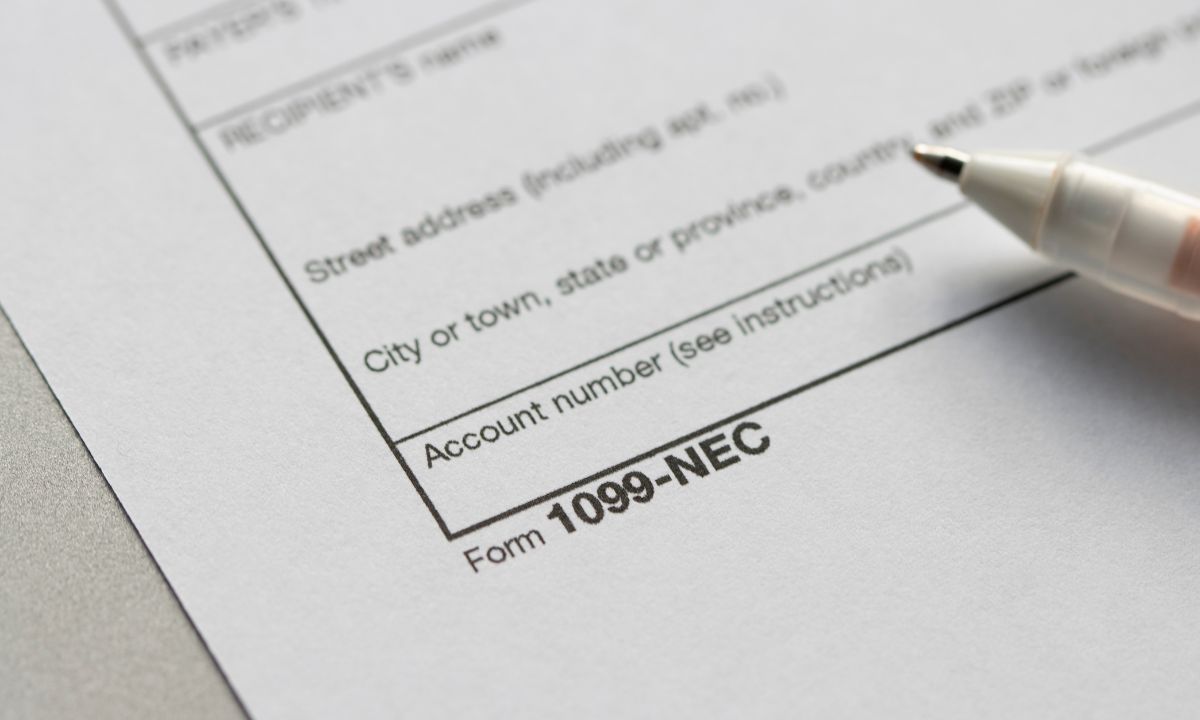 This week is the release of Core CPI and PPI numbers for January. The only data release of note is the trade deficit and the usual unemployment reports for the prior week. The current trade deficit for the U.S. is operating precisely within expectations and correlating GDP numbers. This current week will provide further guidance for the Federal Reserve as the next release of inflation data is released.
This week is the release of Core CPI and PPI numbers for January. The only data release of note is the trade deficit and the usual unemployment reports for the prior week. The current trade deficit for the U.S. is operating precisely within expectations and correlating GDP numbers. This current week will provide further guidance for the Federal Reserve as the next release of inflation data is released.
U.S. Trade Deficit
The U.S. trade deficit rose slightly in December, but the annual gap still fell to the lowest level in three years and added to the economy’s strong performance in 2023.
Record deficits in 2021 and 2022, by contrast, acted as a big drag on gross domestic product, the official scorecard of the U.S. economy.
Primary Mortgage Market Survey Index
• 15-Yr FRM rates saw a decrease by -0.04% with the current rate at 5.90%
• 30-Yr FRM rates saw a decrease by 0.01% with the current rate at 6.64%
MND Rate Index
• 30-Yr FHA rates are seeing a -0.05% decrease for this week. Current rates at 6.22%
• 30-Yr VA rates are seeing a -0.06% decrease for this week. Current rates at 6.24%
Jobless Claims
Initial Claims were reported to be 218,000 compared to the expected claims of 220,000. The prior week landed at 227,000.
What’s Ahead
Core CPI and Core PPI numbers are the primary reports being released this week. Given the Federal Reserve hesitation to move on any pending rate cuts, each release of inflation data that goes well, further adds conviction the Federal Reserve will soon be looking to cut rates after a satisfactory period.
 Welcome to the world of home renovation, where dreams meet reality and your property’s potential is waiting to be unleashed. If you’re contemplating a home renovation project, you’re likely wondering which upgrades will not only enhance your living space but also add significant value to your property. In this blog post, we’ll explore the top home renovations that provide the best return on investment (ROI), helping you make informed decisions and turn your home into a valuable asset.
Welcome to the world of home renovation, where dreams meet reality and your property’s potential is waiting to be unleashed. If you’re contemplating a home renovation project, you’re likely wondering which upgrades will not only enhance your living space but also add significant value to your property. In this blog post, we’ll explore the top home renovations that provide the best return on investment (ROI), helping you make informed decisions and turn your home into a valuable asset. For self-employed professionals, the mortgage process can feel like passing through a maze, fraught with challenges and uncertainties. Traditional lending standards often favor individuals with stable, predictable incomes, leaving entrepreneurs and freelancers in a precarious position. However, there’s a solution gaining traction in the mortgage industry: Non-Qualified Mortgages (Non-QM). We’ll explore how self-employed individuals can successfully navigate the mortgage landscape, leveraging non-QM lending to their advantage.
For self-employed professionals, the mortgage process can feel like passing through a maze, fraught with challenges and uncertainties. Traditional lending standards often favor individuals with stable, predictable incomes, leaving entrepreneurs and freelancers in a precarious position. However, there’s a solution gaining traction in the mortgage industry: Non-Qualified Mortgages (Non-QM). We’ll explore how self-employed individuals can successfully navigate the mortgage landscape, leveraging non-QM lending to their advantage.